When I was in college in New York, the legend of Kitty Genovese was still a subject that came up with some regularity whenever someone wanted to complain about the isolation of city life. Though New York was already heavily gentrified by that time, the story had become something of an urban boogeyman, a cautionary tale that served to remind arrogant transplants that the city was cruel and unforgiving, and that we were all essentially on our own. Frankly, I never quite bought it.
Kitty Genovese was a young woman who was stabbed to death in front of her Queens apartment building one cold night in March 1964 while 38 of her neighbors looked on and refused to help. While the circumstances of the attack are factual, the supposition that nearly 40 eyewitnesses sat by apathetically without alerting authorities has been called into question. Originally reported by A. M. Rosenthal of the New York Times, the initial story was reevaluated by that same publication on the 40th anniversary of the slaying and found to be largely inaccurate.

The Witness follows Genovese’s younger brother William on his quest to unravel the truth behind the myth, and his story is compelling. William Genovese, primarily motivated by the reportage of his sister’s demise and the bystanders who refused to help her, joined the Marine Corps and lost both legs above the knee in Vietnam. His journey of discovery seeks to heal not only his family, who persistently avoid discussing Kitty’s life because of her grisly death, but also his own fractured psyche. Beyond simply trying to understand the sister he lost and her final days, the younger Genovese is also probing the underlying psychology that lead to his sister’s murder becoming a cause célèbre on the basis of some highly questionable reporting.
Screenwriter-turned-documentarian James D. Solomon has opened more than just a can of worms with his directorial debut, he has also uncovered a disturbing truth about the significance of journalistic integrity and the capacity for our society to blindly believe what we’re told. While this story draws no easy answers or clearcut conclusions, The further the filmmaker delves into the details of the case, the more evident it becomes that everything is not always as it seems on the six o’clock news, and accepting such reports at face value can have life-altering consequences.
The Witness reveals both Kitty and William to be complex characters whose lives have been defined, not only by tragedy, but by public (mis)perception. William’s biases are as evident as they are heart wrenching, but so too are Rosenthal’s motivations in how he chose to cover Kitty’s murder, both at the time and in his subsequent book. Was his unreliable reporting inherently wrong, even if it rallied an entire city to action? As the documentary unfolds, the problematic questions it raises are likely to haunt audiences for some time to come, and that’s often the greatest social service a film can perform. As I watched this film, I couldn’t help but consider the famous line from John Ford’s classic The Man Who Shot Liberty Valance: “When the legend becomes true, print the legend.” Sometimes, legends need to be reexamined. Not Rated
Now playing at The Grail Moviehouse



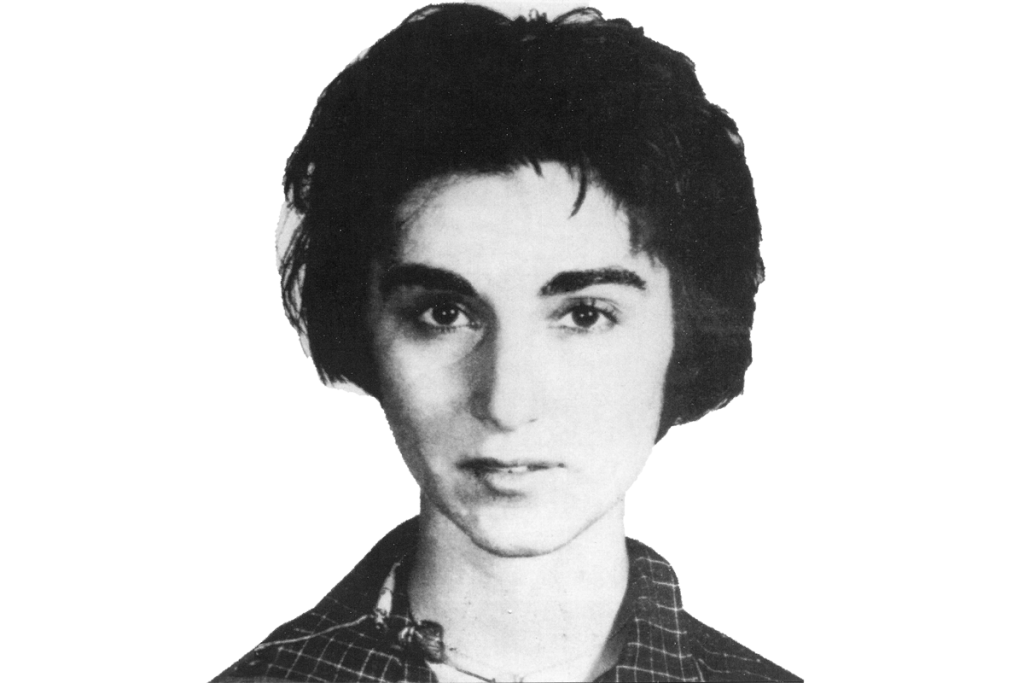
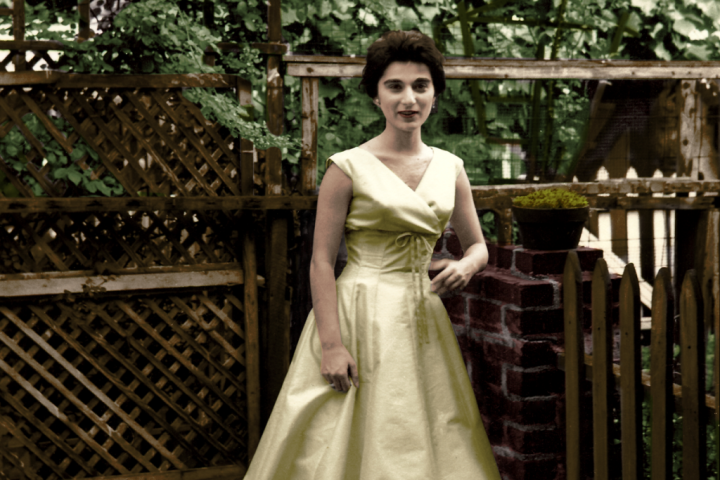
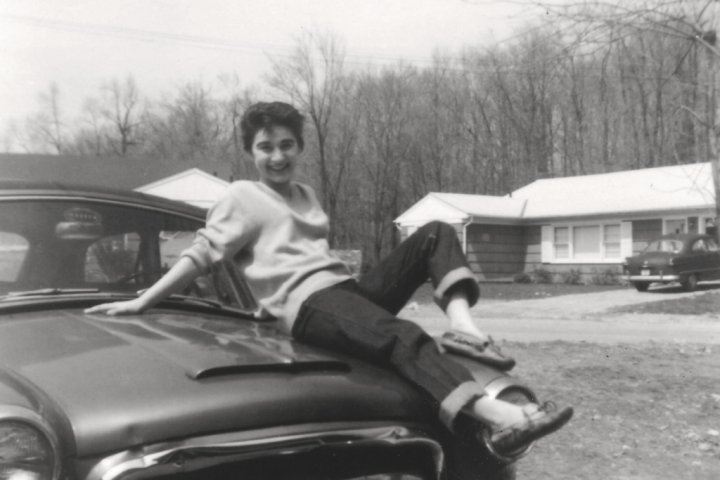
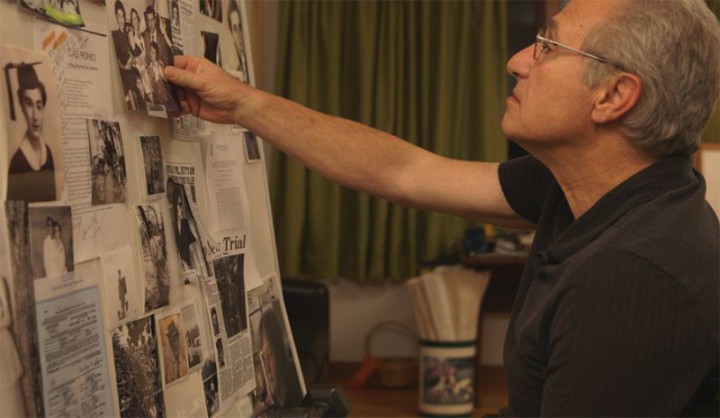
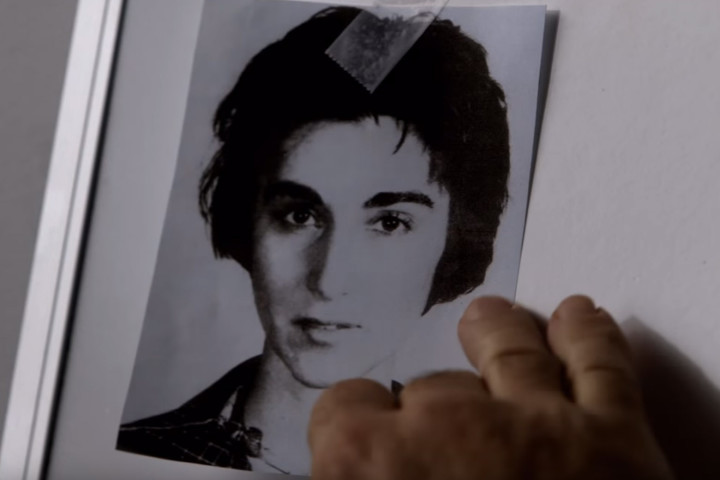
Before you comment
The comments section is here to provide a platform for civil dialogue on the issues we face together as a local community. Xpress is committed to offering this platform for all voices, but when the tone of the discussion gets nasty or strays off topic, we believe many people choose not to participate. Xpress editors are determined to moderate comments to ensure a constructive interchange is maintained. All comments judged not to be in keeping with the spirit of civil discourse will be removed and repeat violators will be banned. See here for our terms of service. Thank you for being part of this effort to promote respectful discussion.